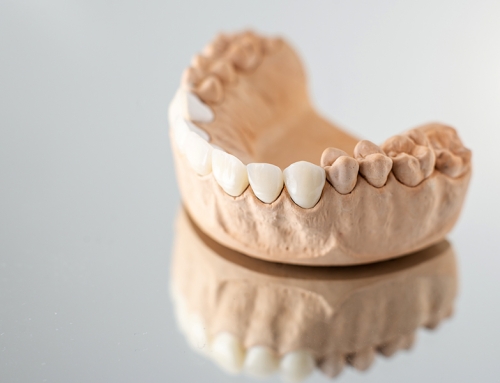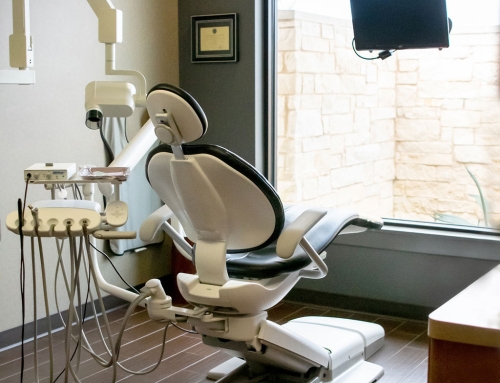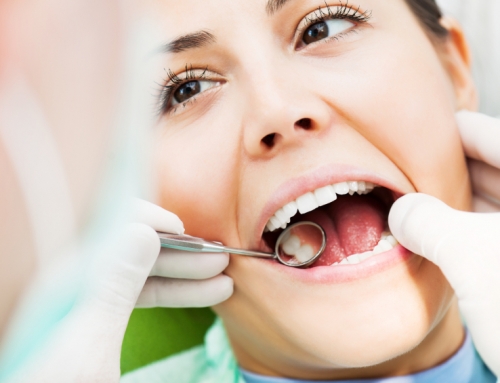Sleep Apnea

When a person goes to sleep, the body processes are slowed down, but the breathing process is sustained even in this state of rest. In some people, however, breathing becomes impeded resulting in a sleep disorder known as sleep apnea. It is characterized by shallow, infrequent breathing during sleep that may be accompanied by forceful snoring. Some patients are not even aware that they are having breathing difficulties while they are sleeping indicating that they could potentially have sleep apnea.
What are the symptoms of sleep apnea?
It is often hard to isolate the symptoms that indicate sleep apnea. Comprehensive tests are usually required before diagnosing a person with the condition. The most common symptoms that suggest the occurrence of this sleep disorder include persistent drowsiness and fatigue during the daytime no matter how long the patient slept the night before. Other symptoms include: impaired alertness, inability to sustain attention, difficulty in processing information, vision issues, and frequently shifting moods.
How can sleep apnea be diagnosed?
Experts rely on the evaluation of the clinical symptoms being manifested by the patient, and on the results of diagnostic tests conducted specifically for this purpose. Tests include:
- A polysomnography test, which is a formal sleep study that will be able to indicate the Apnea Hypopnea Index or AHI and Respiratory Disturbance Index or RDI incidences per hour of sleep.
- Oximetry, which is performed by monitoring the patient overnight while he sleeps. This test has been found to be effective.
What are the treatments for sleep apnea?
- Behavioral therapy such as avoiding sedatives and alcohol before bedtime to prevent the throat muscles from collapsing. This blocks the airways during sleep is usually the first line of treatment for sleep apnea.
- Continuous positive airway pressure, or automatic positive airway pressure, is a technique making use of a device that essentially opens the patient’s airways while he sleeps.
- Medications that have been considered for the management of sleep apnea include acetazolamide, zolpidem, and triazolam. These must be used with care and only in patients with no indications of respiratory depression.
- Oral appliances that are recommended for managing the symptoms of sleep apnea with our favorite being the Somnodent device. These are mandibular advancement splints that help by shifting the jaw forward during sleep to open the airways.





